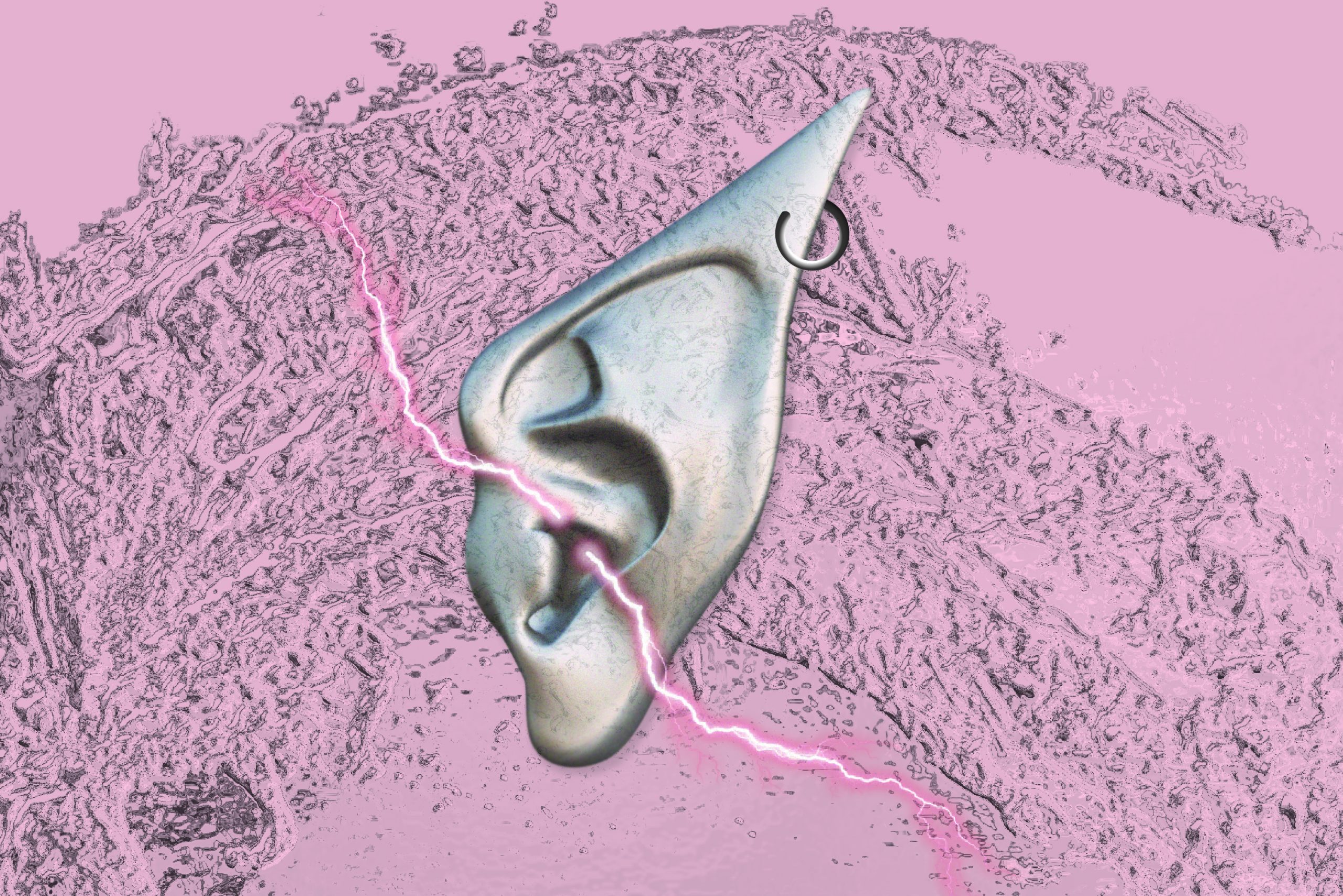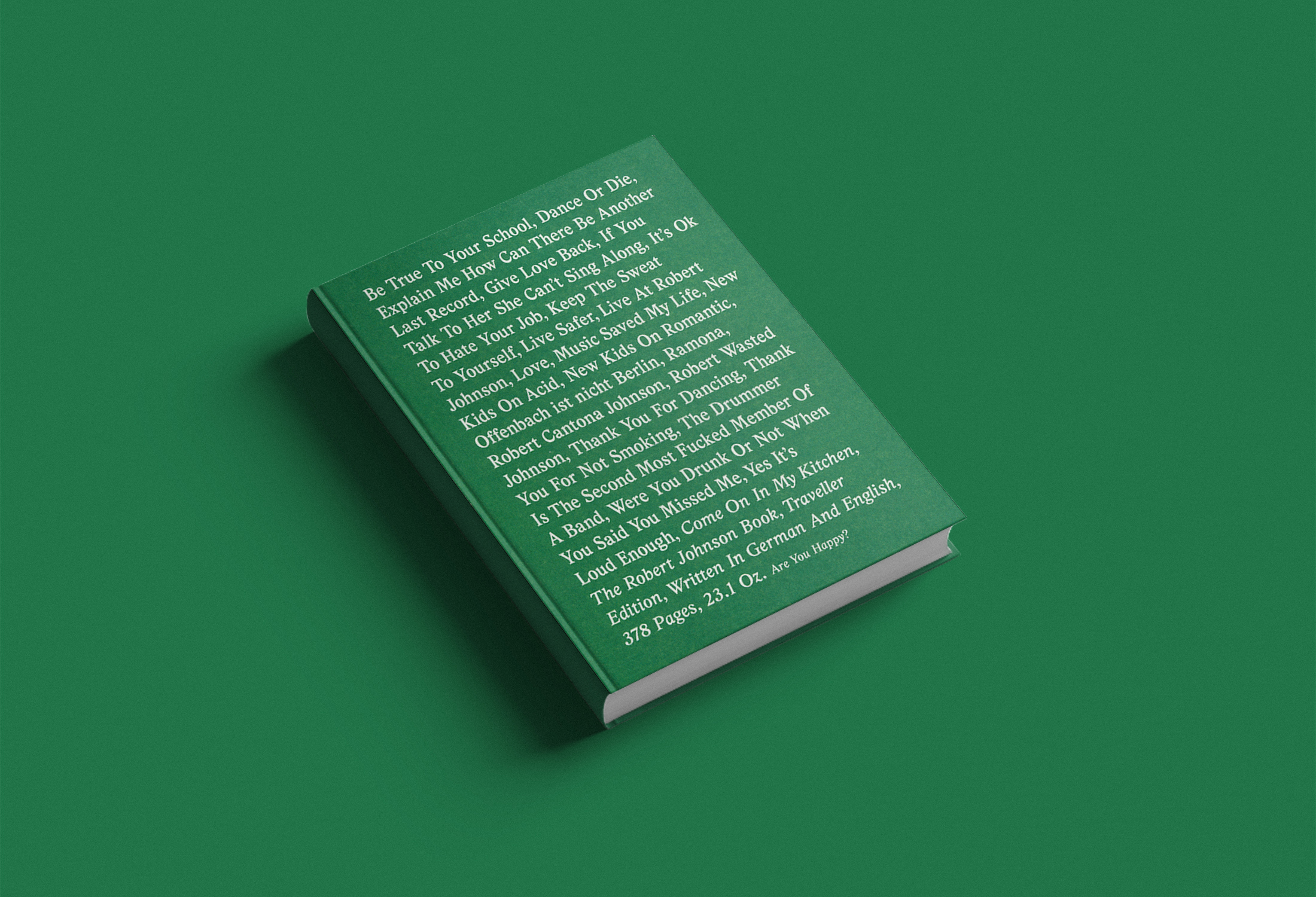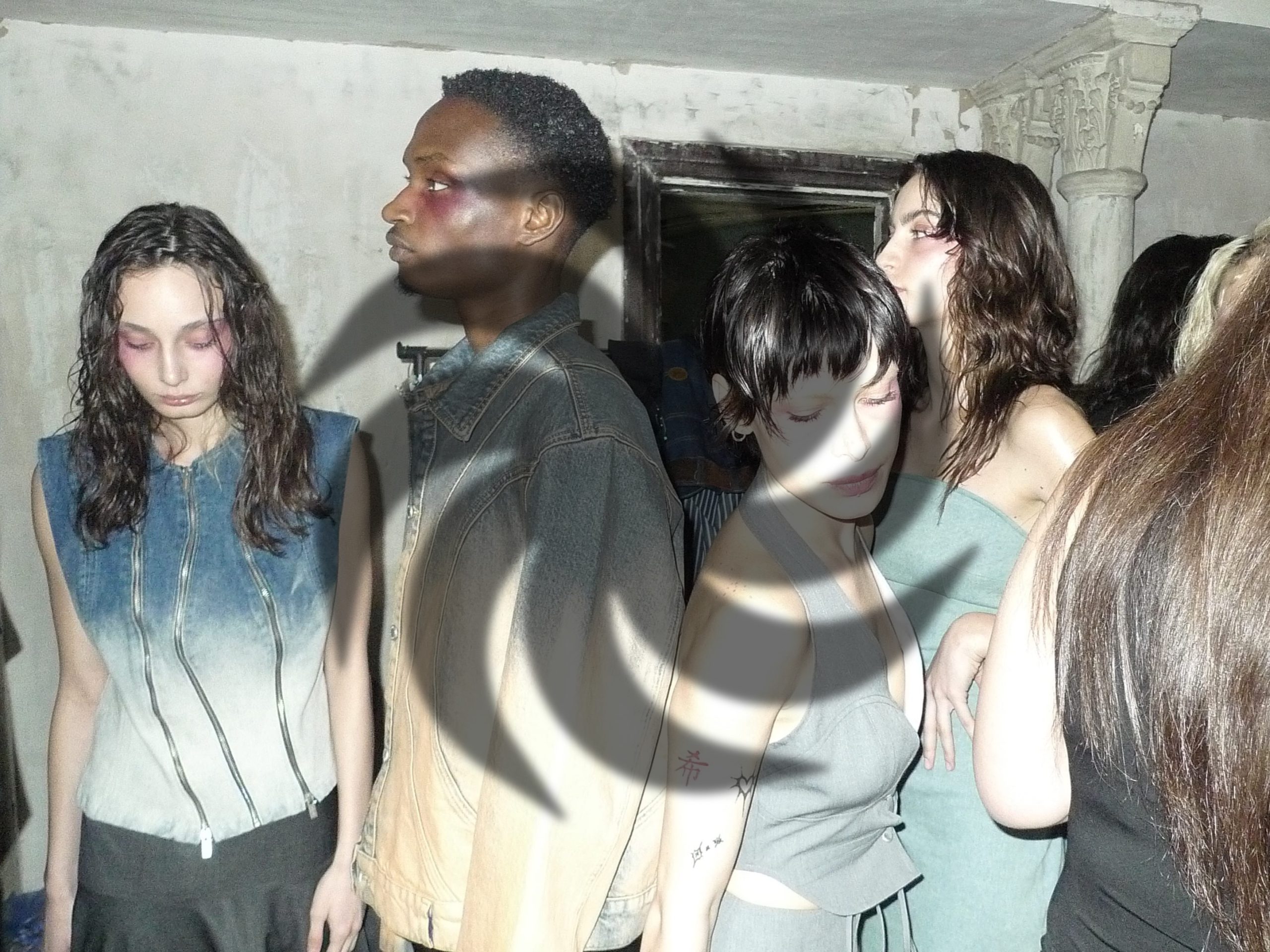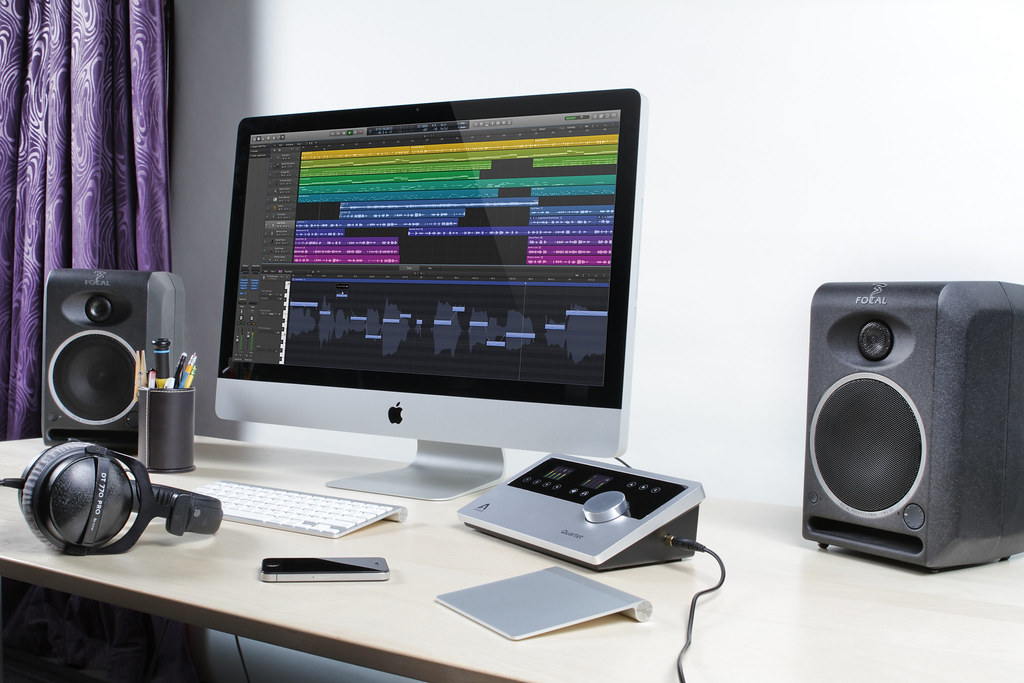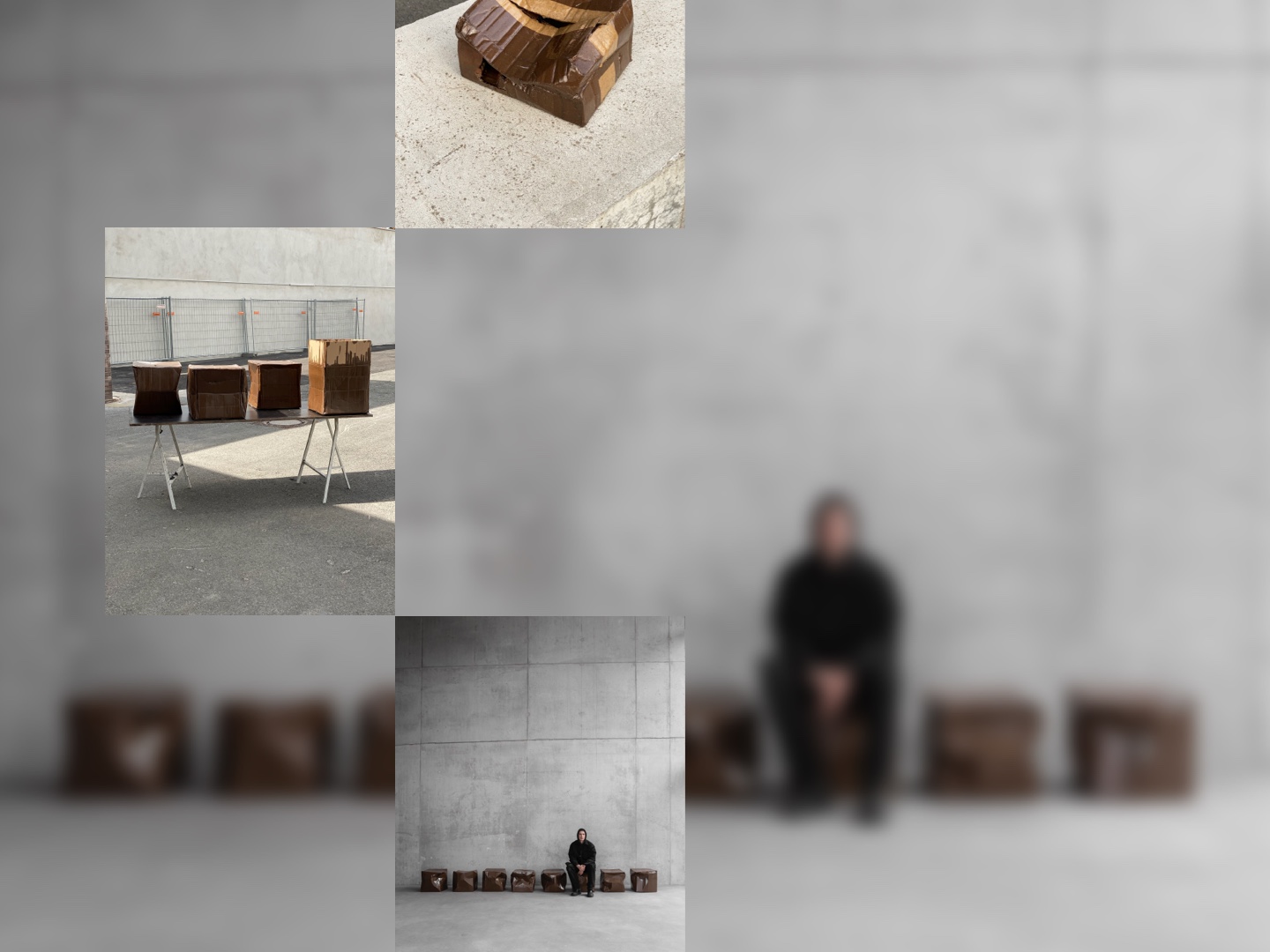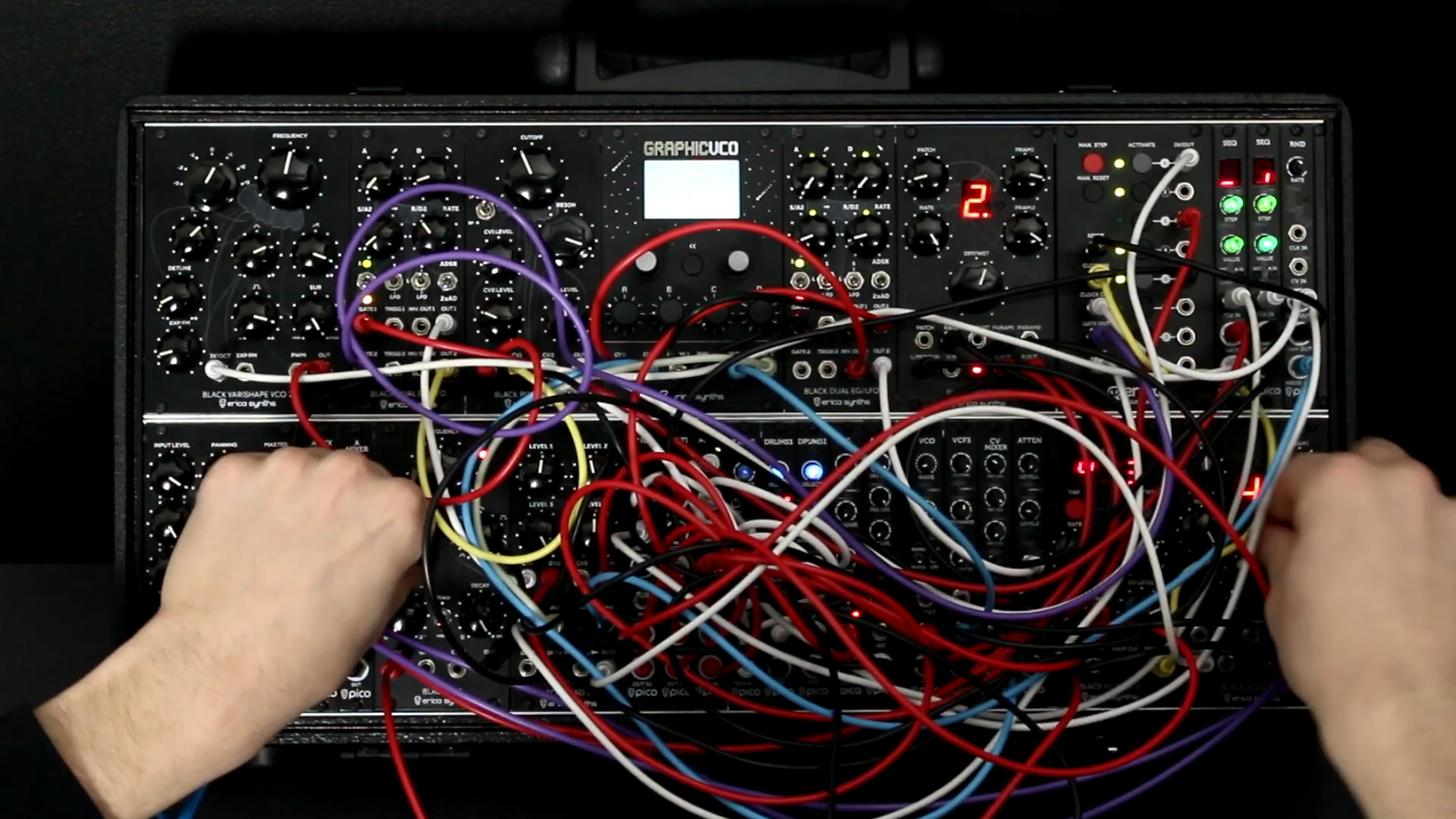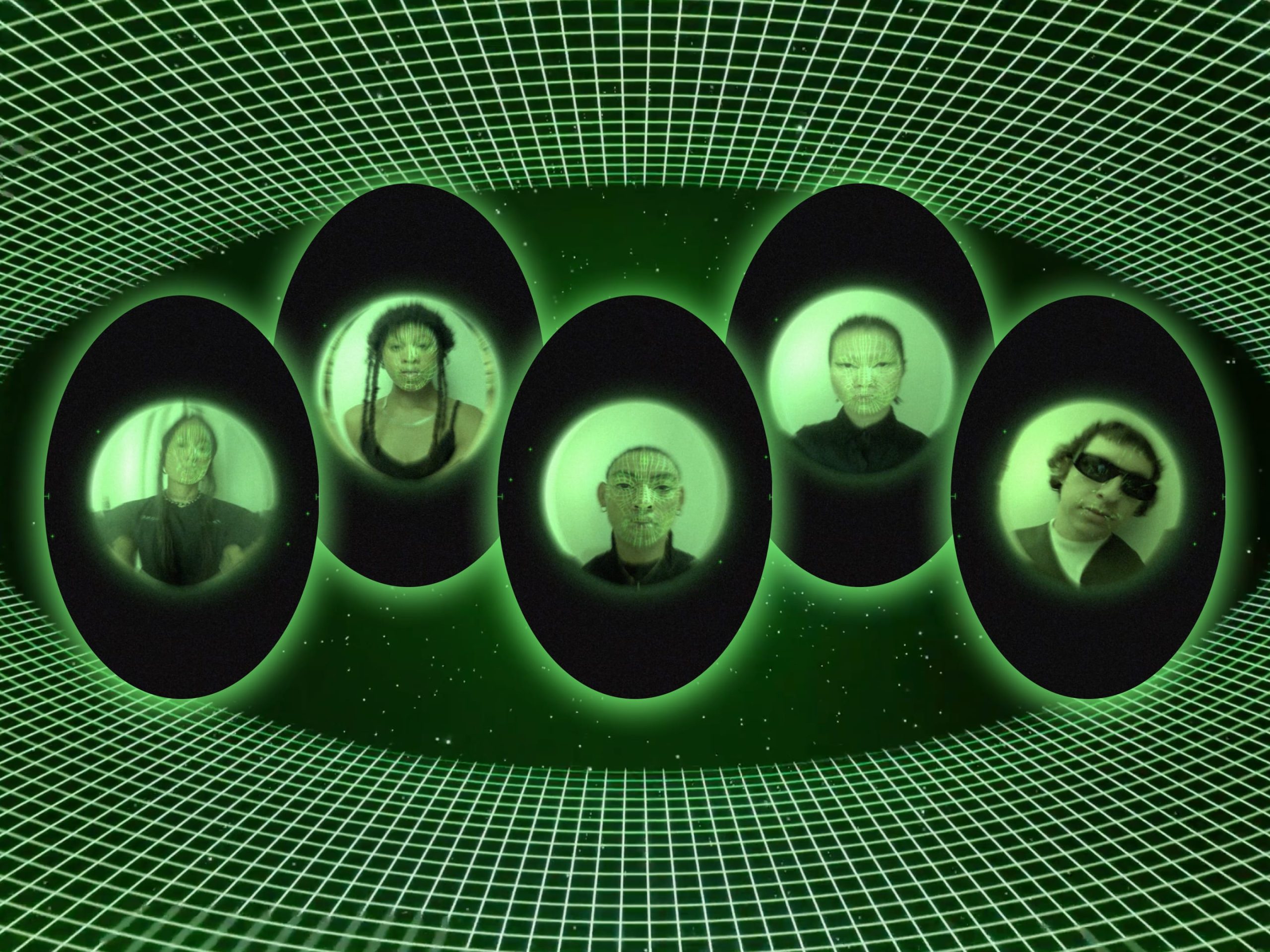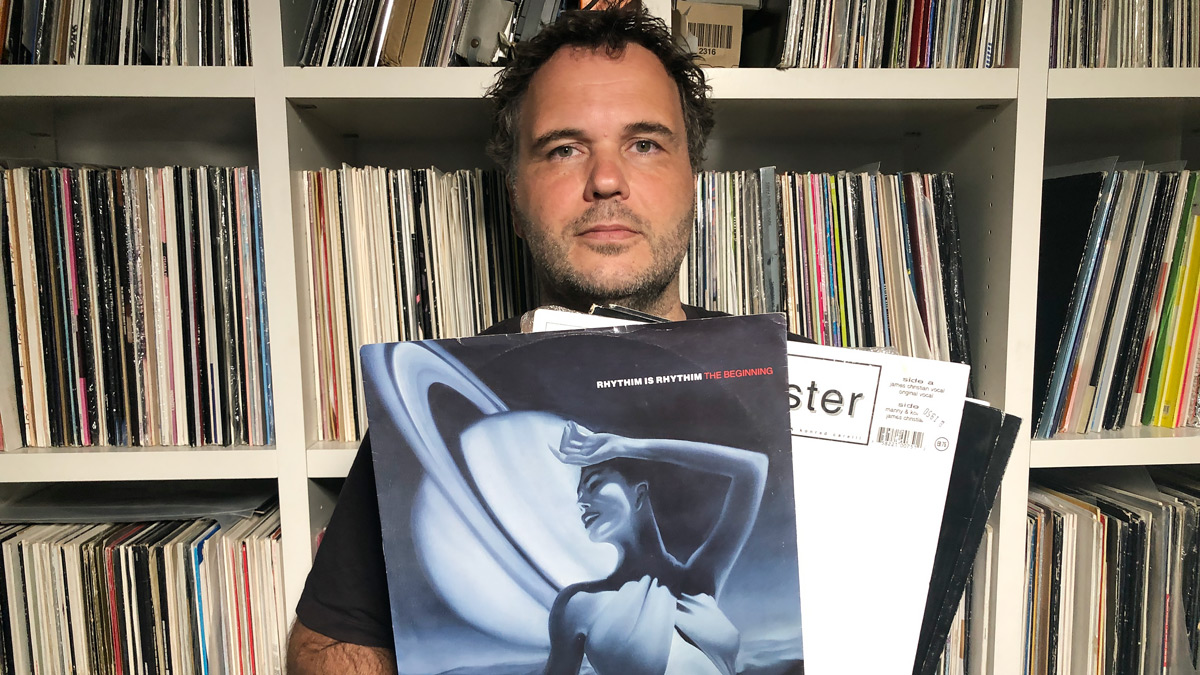Study Shows Space and Time Adapt To Your Music Listening Habits

This study—the process of which involved inducing a deep meditative state by having a pianist perform 28 hours straight—describes how time and space to mold according to our music listening habits and preferences. The experiment traces attention and memory patterns that alter the representation of time under the influence of music and discuss the cognitive zone where intense listening situations start acting as consciousness-altering, near-religious experiences.
Seeing the experience of time as a construction of the mind—which has more to do with the intensity of data processed at a given moment than to an external linear temporal structure of fixed rhythm—this academic approach delves into the space-bending and time-altering qualities of music and how can it can cause time to ultimately disappear.
This very diligent itinerary through recent academic musings reaches the conclusion of music being an embodied experience that’s shaped in time and unfolds in time. It also shows it to be made through certain actions with real things, like instruments or vocal folds and facial muscles. The experiences music elicit therefore mirror the inactive character of music—meaning its ability to generate action-oriented meaning based on the structural fusion of the agentive body experiencing it and its spatial/temporal surroundings.
What leaves us wanting more is their proposal of a scale of music experience (or musikerleben) as a further tool of research—covering the usual music experience as well as the intense thrill and frisson-inducing music-driven sense.




